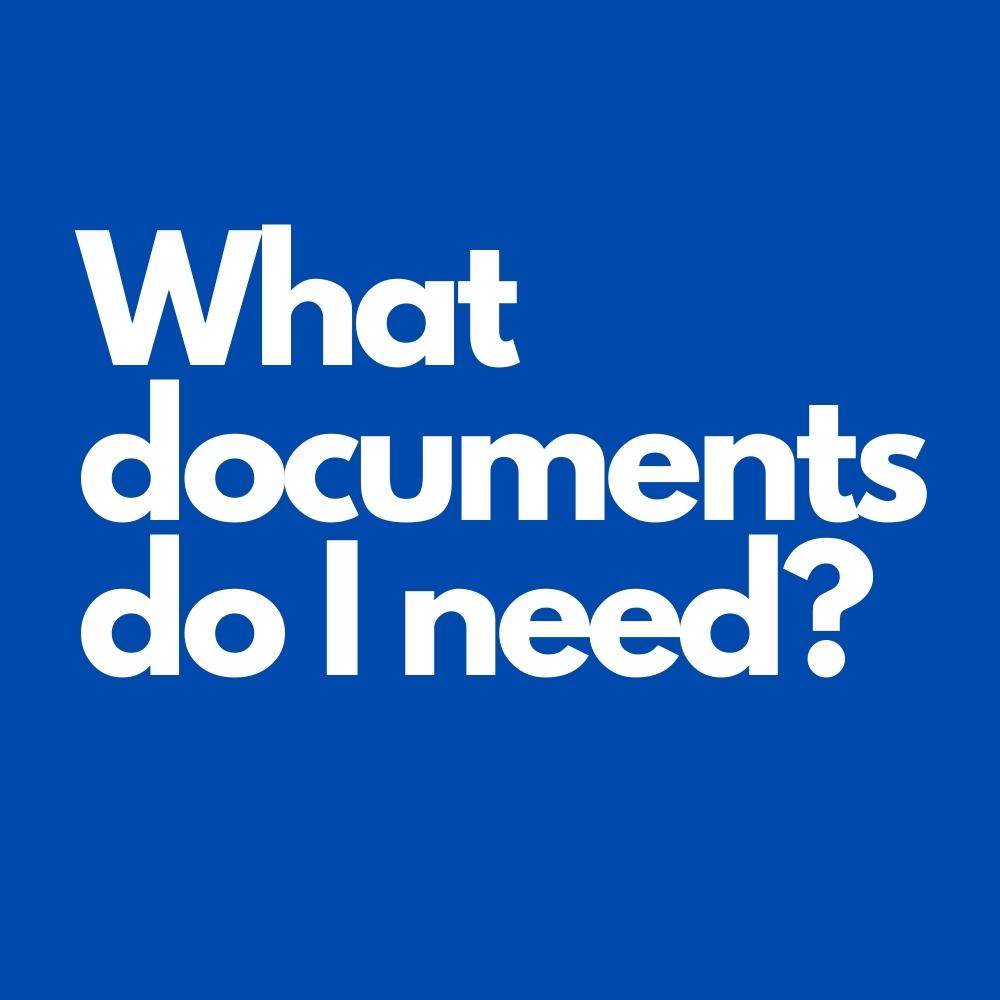Applying for a mortgage in the UK can feel like stepping into a maze of forms, checks, and requirements. One of the biggest questions people ask is: What documents do I need for a mortgage application? The answer depends slightly on your circumstances, but lenders are usually looking for the same core evidence – proof of who you are, proof of where you live, and proof that you can afford the loan.
If you’re preparing to buy your first home, remortgage, or move up the property ladder, having the right paperwork ready will save you a lot of stress. Let’s break down exactly what you’ll need to provide, why it matters, and how to get organised before you start your application.
1. Proof of Identity
Mortgage lenders need to check that you are who you say you are. To do this, they’ll ask for a valid form of photo ID such as:
- Passport (in date and valid)
- UK photocard driving licence
- National identity card (if applicable)
Ready to start your mortgage journey?
Speak to a trusted mortgage broker today and get your paperwork in order before applying.
2. Proof of Address
Next, the bank or building society will need to confirm your current address. Typically, they’ll want recent documents, usually no older than three months. Examples include:
- Council tax bill
- Utility bill (gas, electric, water, landline)
- Bank or credit card statement
3. Proof of Income
This is the part most applicants focus on – showing that you can afford the monthly repayments. The documents required depend on your employment type:
If you’re employed (PAYE):
- Payslips covering the last three months
- P60 from your employer (to show annual income and tax)
- Bank statements showing your salary being paid in
If you’re self-employed:
- SA302 tax calculations from HMRC (usually covering the last two or three years)
- Tax year overviews from HMRC
- Business accounts prepared by a chartered accountant
- Recent bank statements (personal and/or business)
If you have additional income:
- Evidence of rental income
- Pension statements
- Investment or dividend income documents
4. Bank Statements
Most lenders ask for at least three months of bank statements. These help them see:
- Your regular income and spending patterns
- Any large or unusual transactions
- Whether you have overdrafts or loans that affect affordability
5. Deposit Proof
You’ll also need to show where your deposit is coming from. This could be:
- Savings account statements
- ISAs or investment account statements
- Gifted deposit letter (if a family member is helping you) – this must confirm the money is a gift, not a loan
- Sale of another property (completion statement from your solicitor)
6. Credit Report (if using a mortgage broker)
If you’re applying through a mortgage broker, they may ask you to provide a recent copy of your credit report. This gives them a clear picture of your financial history and helps them match you with the right lenders.
A credit report will typically show:
- Your borrowing history (loans, credit cards, overdrafts)
- Current balances and repayment records
- Any missed payments, defaults, or CCJs
- Your electoral roll information
Popular free credit report services in the UK include ClearScore, Experian, Equifax, and TransUnion. Having this ready not only saves time but also allows your broker to flag any potential issues before you apply.
7. Existing Commitments
If you already have loans, credit cards, or finance agreements, be ready to provide details. Lenders may want to see:
- Loan agreements
- Credit card statements
- Details of student loans or car finance

8. Additional Documents (Case by Case)
Depending on your situation, you might also be asked for:
- Divorce settlement paperwork (if relevant to finances)
- Child maintenance agreements
- Employment contracts (especially if you’ve just started a new job)
- Proof of residency status (if you’re not a UK national)
8. Additional Documents (Case by Case)
Depending on your situation, you might also be asked for:
- Divorce settlement paperwork (if relevant to finances)
- Child maintenance agreements
- Employment contracts (especially if you’ve just started a new job)
- Proof of residency status (if you’re not a UK national)
Top Tips for Preparing Your Mortgage Documents
- Get everything up to date – make sure names and addresses match across all documents.
- Scan copies in advance – most brokers and lenders now accept PDFs.
- Check your credit report – fix any mistakes before you apply.
- Be honest – hiding debts or irregular income can cause bigger problems later.
FAQs
Yes. Most UK lenders ask for at least three months of bank statements to check your income, spending habits, and financial stability.
Yes. If you don’t have a P60, lenders usually accept recent payslips and bank statements. Your employer may also provide a letter confirming your salary.
Yes. Brokers often ask for a recent credit report so they can match you with suitable lenders and avoid unnecessary credit checks.
You’ll need a gifted deposit letter. This confirms the money is a gift, not a loan, and that the person giving it has no claim on the property.
Most lenders require three months of payslips. Some may ask for more if your income varies or you’ve just started a new job.
Yes, but options are limited. Specialist lenders may accept bad credit applicants, though you’ll likely need a larger deposit and face higher interest rates.
Continue Reading
